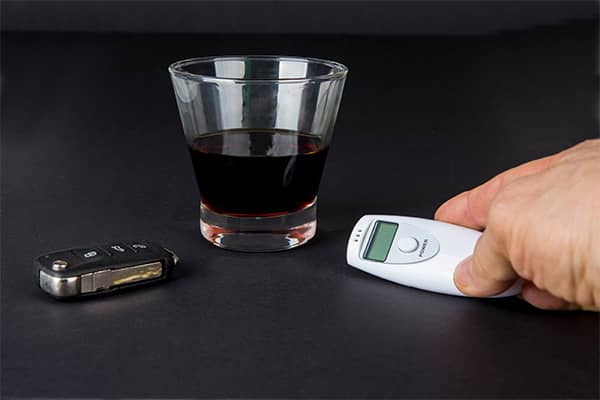Should You Refuse a Breathalyzer in South Carolina?

If you’re pulled over on suspicion of drunk driving in South Carolina, you may be asked to take a breathalyzer test. This can be a stressful and intimidating situation, and you may be wondering about your rights. Can you refuse the test? Should you? What are the consequences?
These are hard questions without simple answers. The decision to submit to or refuse a breathalyzer can have significant legal implications, and it’s important to understand your options.
South Carolina’s Implied Consent Law
South Carolina, like many states, has an “implied consent” law. This means that by driving on South Carolina roads, you are considered to have consented to chemical tests of your blood, breath, or urine if you’re arrested for suspicion of DUI.
If you refuse a breathalyzer test after being arrested, you will face automatic administrative penalties, regardless of whether you are ultimately convicted of DUI.
Can You Refuse a Breathalyzer Test?
In South Carolina, you have the right to refuse the breathalyzer. However, the officer can still use your refusal, along with any other signs of impairment, as probable cause to arrest you for DUI.
Penalties for Breathalyzer Refusal in SC
The penalties for refusing a breathalyzer in South Carolina are significant. For a first offense, your driver’s license will be automatically suspended for six months. If you have a prior DUI conviction within the past ten years, the suspension increases to nine months. For a third offense, it’s 12 months.
It’s important to note that these suspensions are administrative, meaning they are handled by the DMV and are separate from any criminal penalties you may face if convicted of DUI.
Your Options When Facing a Breathalyzer Test in South Carolina
Deciding whether to take or refuse a breathalyzer test in South Carolina can depend on the circumstances of your specific situation. Here are the potential considerations and outcomes for each option:
If You Choose to Refuse the Breathalyzer…
Refusing a breathalyzer test might limit the amount of direct evidence the prosecution has against you in a DUI case, particularly if you’re concerned that your blood alcohol content (BAC) may be over the legal limit (0.08%).
Without a breathalyzer result, the prosecution would need to rely on other forms of evidence, such as officer observations and witness testimony, which can be more subjective and open to challenge in court.
In cases where you have prior DUI convictions, the penalties for a new conviction could be more severe than those for refusing the test, so some may view refusal as a potential way to avoid harsher sentencing.
If You Choose to Submit to the Breathalyzer…
On the other hand, if you believe you’re under the legal limit, submitting to a breathalyzer test can provide evidence in your favor. A BAC result below 0.08% could be a strong defense against a DUI charge.
Key Considerations
Whether you choose to refuse or submit to a breathalyzer, it’s important to understand that DUI cases can still proceed based on other evidence. The specific circumstances of your case, such as the traffic stop, the arrest process, and the available evidence, will play a significant role in the outcome. Consulting a DUI attorney can help you understand the potential consequences of either choice and what legal strategies may be available.
Get Legal Help after a DUI Arrest
Ultimately, the decision to refuse or submit to a breathalyzer is a personal one that holds legal weight. If you’ve been arrested and refused a breathalyzer, the best way to protect your rights is to consult with an experienced DUI attorney who can evaluate your specific case and advise you on the best course of action.
At Okoye Law, we have extensive experience handling DUI cases in South Carolina. We understand the complexities of breathalyzer refusals and how they can impact your case. If you’re facing a DUI charge, don’t navigate this stressful process alone. Contact us today for a consultation. We’re here to protect your rights and your future.



